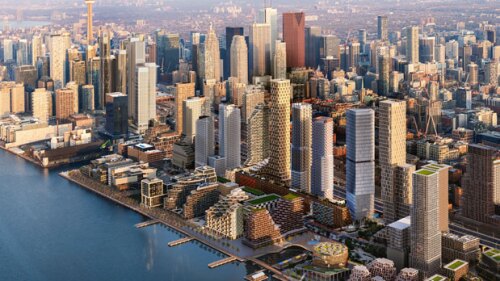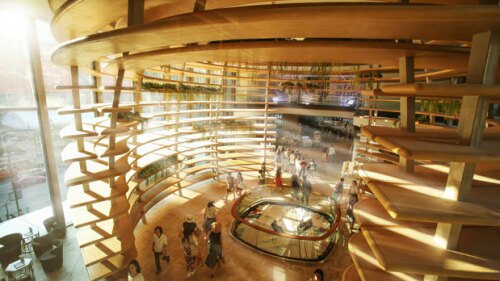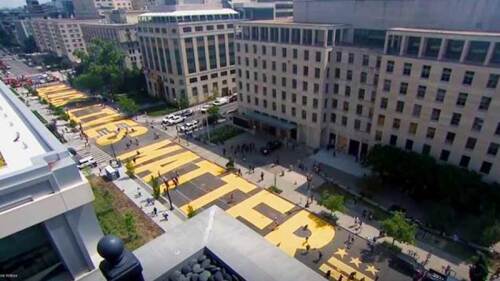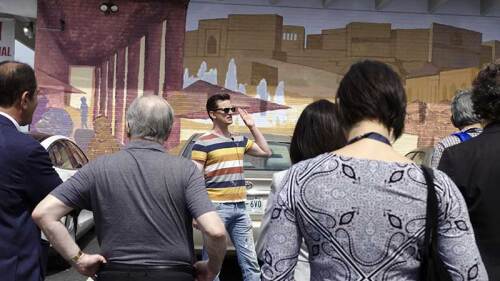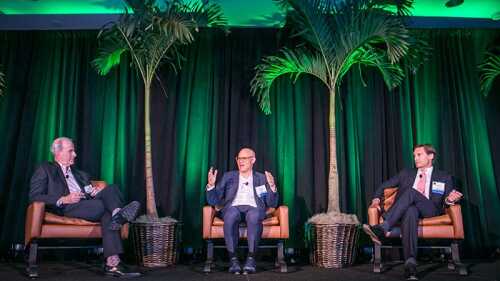Placemaking and Placekeeping
In February, Waterfront Toronto announced the winning submission for a new vision to transform a 12-acre (4.9 hectare) site into a community for residents and visitors to live, work and play.
Developers share how different cities deployed creative ideas to help maintain urban vitality and business opportunities despite restrictions on public gatherings. Their successful techniques may outlast the pandemic.
Bangkok mastered the art of glitzy retail palaces. Now, authenticity is the favored currency.
A member co-chair of the ULI Washington Diversity and Inclusion Working Group writes about the recent events in D.C. and beyond.
Community input and partnerships can help preserve multicultural diversity in a fast-growing city.
Whether making or adapting a building, district, campus, city, workspace, portfolio of properties, brand, or lifestyle, the human experience is central. Three examples from the United States and Canada illuminate how our cities are everyday places—small and forgotten places—waiting to be discovered and transformed into human-oriented social places.
At ULI Arizona’s Trends Day in January, panelists talked about how revitalized public spaces—starting with parks and libraries but also including alleys, sidewalks, and roads—are helping make neighborhoods walkable and desirable.
Dallas/Fort Worth has the best outlook of any U.S. real estate market, according to Emerging Trends in Real Estate® 2019, published jointly by ULI and PwC. However, the region is near the bottom of the pack among similar-sized metro areas for walkable urban development. Researchers spoke at a ULI North Texas event about the opportunities in changing that dynamic.
Perhaps it is no coincidence that both Craig Robins, president and chief executive officer of real estate development company Dacra, and Kieran Bowers, president of Swire Properties, were schooled in the humanities before becoming real estate developers. Both spoke at the ULI Miami Investor Symposium about their careers and the influence of creative placemaking on their projects.
A panel discussion at the ULI Europe Real Estate Forum 2018 in Dublin focused on a key question facing the development industry: how to future-proof urban redevelopment in an era of constant change by including open space and housing while embracing walkability.

